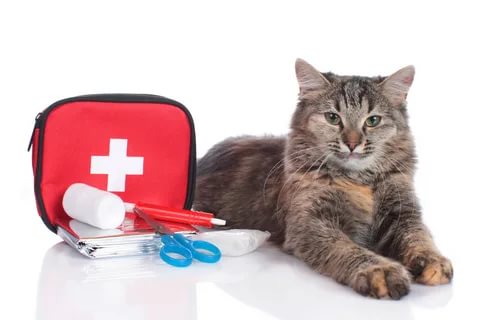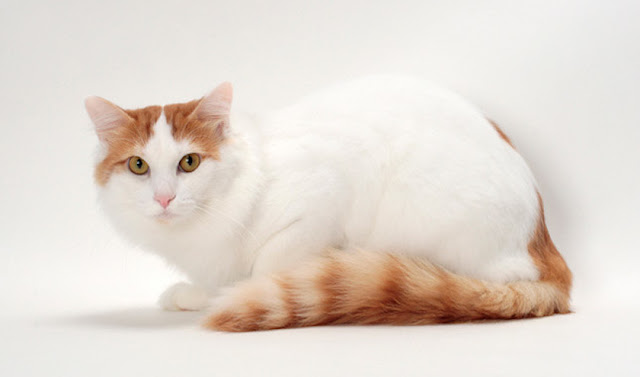Cat Vaccinations
Before you get your new cat and take it home, ensure that they have had their first immunization. Cats ought to get they first immunization between 6 to about two months old enough. This first inoculation begins to fabricate your little cat's guards against any possibly genuine sicknesses.
How do Vaccines work?
Immunizations or inoculations work by animating the creature's invulnerable framework, so their bodies regular protections are readied and completely furnished with antibodies to battle against any infections. Lamentably if your feline isn't appropriately immunized, their bodies' insusceptible framework won't be furnished to fend off any infection or bacterial contamination.
What is the best Vaccination Schedule?
Little cats most likely have a course of three inoculations, regularly given a month separated:
6 – 8 Weeks First Vaccination. Temporary
10 – 12 Weeks Booster Vaccination
14 – 16 Weeks Final Vaccination
Grown-up felines require a yearly inoculation supporter forever. Your vet center will send you an update half a month prior to your feline is expected for their yearly promoter.
What do inoculations secure against?
Felines should be ensured against the underneath genuine and at some point deadly illnesses:
Cat Enteritis - This is the most well-known sickness that influences felines. It is an exceptionally infectious and is profoundly perilous particularly in little cats under a year old enough. The most widely recognized manifestations are: High fever, despondency, drying out, extreme stomach torment, heaving the runs and parchedness.
Cat Respiratory Disease (Cat Flu) - Cats, all things considered, can get this illness as it is profoundly infectious. Indications of this are sniffling, nasal release, runny eyes, hacking, loss of hunger and ulcers on their tongues, in their mouths and on their nose, whenever left untreated this sickness can cause serious parchedness.
Cat Calicivirus-this infection can cause respiratory signs, fever, slobbering ulcers of the mouth and footpads, pneumonia, looseness of the bowels, joint inflammation, and neurologic signs
Cat Distemper or Feline Panleukopenia-this sickness are not basic in Australia anyway vets actually see an intermittent case, this viral infection is infectious that can cause high fever, retching and the runs. Sadly it is frequently deadly in youthful little cats. It is likewise essential to realize that the catlike sickness infection isn't equivalent to canine sickness infection.
Cat Chlamydia - Chlamydia is a living being that causes eye infection, it is most regularly found in youthful little cats under 9 months old enough. The side effects Chlamydia are release from the eyes and nose, sore red eyes, high temperature, hacking, weighty breathing, extended lymph hubs, loss of craving, unexpected weight reduction and gloom.
In the event that your cat will associate external we prescribe addressing your vet about a FIV Vaccination. The FIV Vaccination requires a course of 3 inoculations which are normally given at 10, 12 and 14 weeks old enough. Felines being inoculated for FIV following a half year will require a blood test preceding being given the immunization.
FIV (Feline Immunodeficiency Virus) – Whilst FIV can't be communicated among felines and people, it acts similarly as HIV does in people, it is a blood borne viral contamination that obliterates the insusceptible framework and leaving a feline defenseless to diseases and illness The indications of FIV are bruises, injuries and the runs progress to extreme ongoing contaminations as the safe framework is survived. There is no treatment or solution for the actual infection.






Post a Comment